Intro to Navigating Electrochemical Machining

Imagine a manufacturing process that can effortlessly shape the hardest materials, producing intricate designs with the precision of a master craftsman, all without ever making physical contact. This is the reality of precise electrochemical machining (PECM). By harnessing the power of electric currents and a conductive electrolyte, PECM dissolves metal ions from the workpiece with extreme accuracy.
In this blog, we'll explore how this technology works, advantages, potential drawbacks, and the groundbreaking applications transforming industries today.
What is Precise Electrochemical Machining?
Precise electrochemical machining is a non-contact manufacturing process that uses electric current and an oscillating tool in a conductive electrolyte, such as saltwater, to dissolve metal.
In PECM, the workpiece is set up as the anode (the positive electrode), while the tool functions as the cathode (the negative electrode). When an electrical current is introduced during the machining process, it causes the positively charged metal ions to migrate from the workpiece toward the negatively charged tool. As these metal ions encounter the water and other components of the electrolyte solution, they undergo a chemical reaction that results in the dissolution of the metal from the workpiece. After these ions dissolve, they are swept away by the flowing electrolyte, leaving behind the desired shape on the workpiece.
Electrochemical Machining Advantages and Disadvantages
Electrochemical machining offers a unique set of advantages and disadvantages, making it a preferred choice in some manufacturing settings – while presenting challenges in others. Let’s dive in.
Advantages of Electrochemical Machining
There are many advantages of electrochemical machining including:
- Handles difficult materials with ease
- Produces precise parts with tight tolerances
- Uses a non-contact process
Handles Difficult Materials with Ease
Precise electrochemical machining is ideal for creating complex macro- and micro-structures in difficult materials. The PECM process can work with extremely hard or exotic materials that are impossible to machine within conventional methods. For example, this process can handle superalloys (Inconel), powdered metal, stainless steel, tool steels, titanium alloys, and more.
Produces Precise Parts with Tight Tolerances
The PECM process is highly controllable, which allows for precise machining to create complex, intricate shapes with tight tolerance capabilities of 5 microns.
Uses a Non-Contact Process
Since PECM uses a non-contact process, it offers several advantages. The process can remove metal from the workplace without any direct contact between the tool and the metal. This avoids cutting forces and mechanical distortions to the workpiece as well as helps prevent mechanical stress and tool wear.
Disadvantages of Electrochemical Machining
While electrochemical machining offers several advantages, there are also downsides to the process.
- Relatively high initial costs
- Complex process setup
- Operational complexity
Relatively High Initial Costs
Setting up PECM can involve high startup costs due to the need for specialized equipment. For example, specific power supplies and precision tooling is needed, as well as the development of specific electrolyte handling systems.
However, this high initial cost is often outweighed by the return on investment in the long run.
Complex Process Setup
The process setup for PECM is complex and requires a thorough understanding of electrochemical principles, precise control of the tool and workpiece, and careful management of electrical parameters and electrolyte flow. This can be difficult if you don’t currently have an experienced operator in electrochemical machining. Operational Complexity
The PECM process can be difficult to set up and maintain. The use of chemical electrolytes requires careful handling, management, and disposal. Additionally, maintaining the electrolyte’s concentration, temperature, and purity must be done since its essential for consistency.
Since the process requires experienced handling and maintenance, operational costs tend to rise and become more complex.
Applications of Electrochemical Machining
Electrochemical machining’s ability to handle hard-to-machine materials and create intricate shapes with tight tolerances makes it an invaluable tool for several advanced manufacturing sectors. Here are some notable applications of ECM:
Aerospace Industry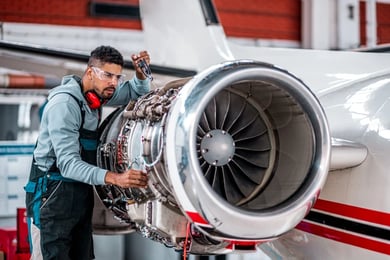
In the aerospace industry, ECM is used to manufacture complex components from superalloys, titanium, and other high-strength materials. These materials are essential for building lightweight, high-performance aircraft parts, such as turbine blades, fuel system components, and structural elements. ECM's precision ensures that these parts meet strict aerospace standards for durability and performance.
Medical Devices
The medical industry benefits significantly from ECM's ability to create precise, intricate components. ECM is used to produce medical instruments, surgical tools, and implants, including stents and prosthetic joints. The process's non-contact nature ensures that the materials retain their structural integrity, which is crucial for medical applications.
Automotive Industry
ECM is employed in the automotive industry to manufacture parts that require high precision and excellent surface finish. Components such as fuel injectors, gears, and valves are often produced using ECM. The ability to machine hard materials like tool steels and powdered metals makes ECM ideal for creating durable and reliable automotive parts.
Tool & Die Making
In tool and die making, ECM is used to produce complex molds and dies with intricate details. The process can create sharp edges and fine features that are difficult to achieve with conventional machining methods. This capability is essential for industries that require high-precision stamping, molding, and forming tools.
Electronics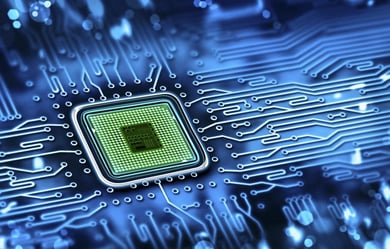
The electronics industry utilizes ECM for the production of micro-components used in various devices. ECM can machine tiny, intricate parts with high precision, making it ideal for manufacturing connectors, microchips, and other electronic components. The process ensures minimal mechanical stress on delicate parts, preserving their functionality and performance.
Energy Sector
In the energy sector, ECM is applied to manufacture components for power generation and distribution systems. This includes parts for turbines, pumps, and valves used in nuclear, hydro, and thermal power plants. ECM's ability to handle high-strength materials and produce parts with excellent surface quality ensures the reliability and efficiency of energy systems.
Defense & Military
The defense and military sectors use ECM to produce components for weapons systems, aircraft, and naval vessels. ECM's precision and ability to machine hard materials are crucial for creating parts that meet the stringent requirements of defense applications. This includes manufacturing missile components, radar systems, and armor plating.
Custom Manufacturing
ECM is also employed in custom manufacturing applications where unique and complex designs are required. Artists, designers, and engineers can use ECM to create components and products that require high precision and intricate details.
Finding a Precision Electrochemical Machining Company
Navigating the complexities of precise electrochemical machining can be challenging, but its advantages in handling difficult materials, producing precise parts, and using a non-contact process make it a valuable technique in modern manufacturing. While the initial setup costs and operational complexities may seem daunting, the long-term benefits and potential for high precision often justify the investment.
Understanding both the strengths and limitations of ECM is crucial for making informed decisions about its implementation in various industrial applications. By partnering with an experienced PECM company, you can leverage this innovative technology to achieve unparalleled precision and efficiency in your manufacturing processes.
You May Also Like
These Related Stories
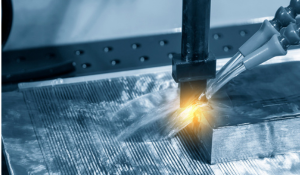
ECM Vs. EDM Machining: What’s the Difference?
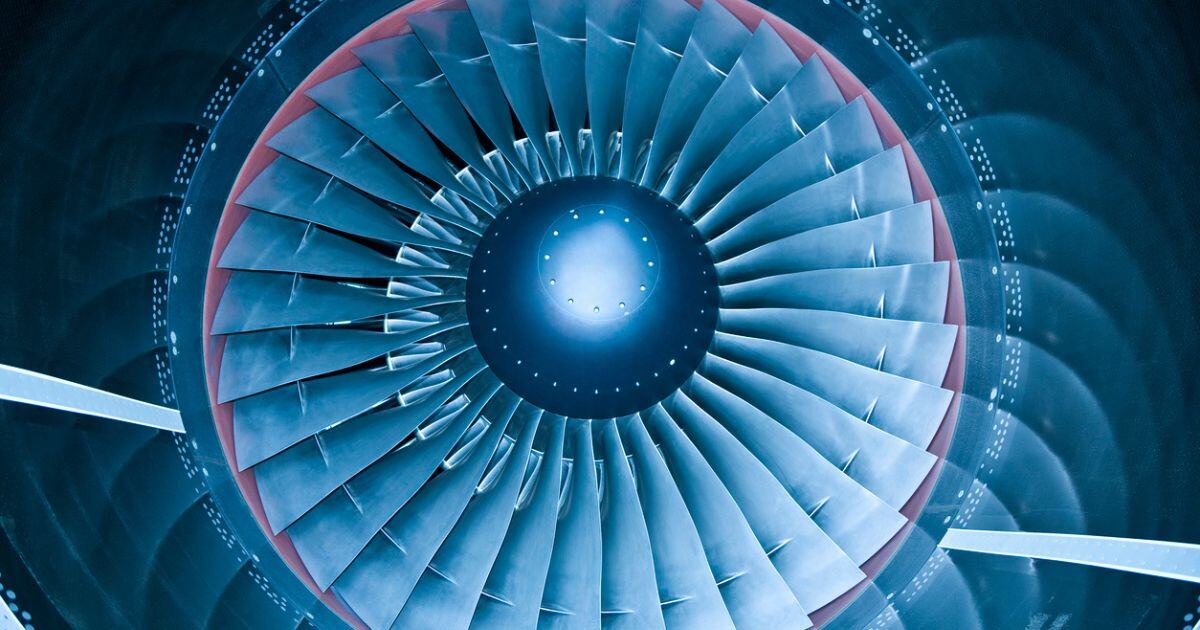
Using the Electrochemical Machining Process for the Aerospace Industry
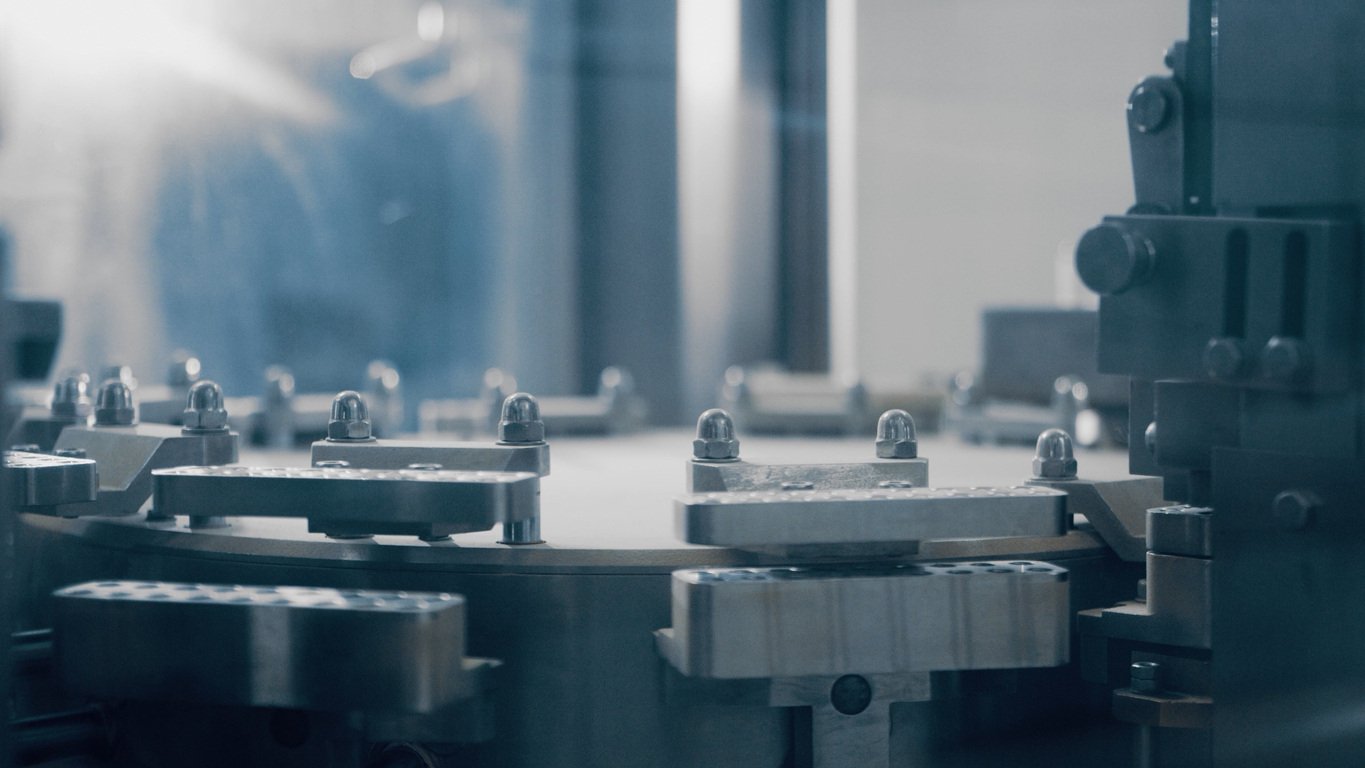
%201.png?width=146&height=103&name=Slice%203%20(72)%201.png)

